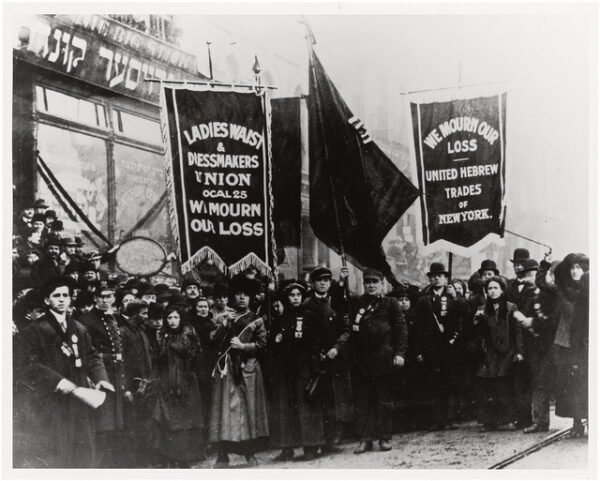Blog

HEAT ILLNESS PREVENTION AMENDMENTS ARE LIKELY TO TAKE EFFECT MAY 1, 2015
Likely to Take Effect May 1, 2015 — The Heat Is On For California Employers As referenced in our previous article, Required Heat Illness Prevention for Outdoor Worksites, California’s heat illness safety regulations currently require employers with outdoor workers to provide access to ample drinking water and a shaded rest area when the temperature exceeds 85 […]

OAKLAND PAID SICK LEAVE LAW PROVIDES GREATER BENEFITS THAN THE UPCOMING STATE REQUIREMENT
Measure Took Effect March 2, 2015 Effective March 2, 2015, Oakland’s paid sick leave ordinance (Measure FF), requires employers to provide paid sick leave benefits to part-time, full-time and temporary employees who perform at least two hours of work in a particular workweek within the city limits. This new law provides benefits greater than those […]

CHANGING TIMES DEPARTMENT
New Definition of Spouse Under Federal Family Medical Leave Act Now Includes Same Sex Couples Prior to 2013, same sex spouses had no FMLA leave benefits regardless of whether their residence state recognized same sex marriages. However, U.S. Supreme Court’s 2013 decision in U.S. v. Windsor struck down the federal Defense of Marriage Act which […]

OAKLAND MINIMUM WAGE ESCALATES TO $12.25
Rate Effective March 2, 2015 Starting March 2, 2015, employers (regardless of where located) must pay wages of at least $12.25 per hour to each employee who performs work within Oakland, California (including part-time employees). This minimum wage requirement, pursuant to Measure FF and set forth in Oakland Municipal Code section 53.92.020, applies to any […]

SHALL THE FOG BE FOREVER FORSAKEN?
California Labor Commissioner Again Attempts to Resolve Questions on New Paid Sick Leave Benefits Law As we covered in Mandatory Paid Sick Leave for California Employees, all companies with employees working in California are subject to this state’s paid sick leave law (Assembly Bill [AB] 1522), effective July 1, 2015. AB 1522 requires each employer, […]

THE ANNALS OF INTELLECTUAL PROPERTY NUMBER 2
What is a Trade Secret? In our blog, “What is Intellectual Property?”, we identified several kinds of intellectual property, i.e., products created through one’s creativity and intellect, that others may not use without permission. One of those is trade secrets. The most famous example is the Coca-Cola formula, maintained as a trade secret since its […]

THE ANNALS OF COPYRIGHT NUMBER 7
Copyright Owners “Make Some Noise” for Infringement of Their Songs Protecting your own copyrights is of paramount importance. See “Annals of Copyright Number 2.” Vigilance in avoiding violations of others’ copyrights is equally necessary to prevent expensive legal disputes. See “The Annals of Copyright Number 3”. Monster Energy has learned this the hard way in […]

THE ANNALS OF COPYRIGHT NUMBER 6
Should You Register Your Copyrighted Work? Registration with the U.S. Copyright Office gives the copyright holder the right to file a lawsuit for infringement against an unauthorized user of that work. Title 17 United States Code section 411(a). It also enables the copyright holder to claim and possibly win actual or statutory damages (set amounts […]

CALIFORNIA HOSPITAL VIOLENCE TO GET REGULATORY INJECTION
Health Care Worker Fatality Rate Has Been Twice for All Other Industries Combined New Labor Code section 6401.8 requires state government, no later than July 1, 2016, to adopt required standards for acute general care and acute psychiatric hospitals plans to prevent workplace violence. The new statute is from Senate Bill (SB) 1299, approved by […]

CALIFORNIA LABOR LAWS 2015 UNFAIR IMMIGRATION-RELATED PRACTICES
California Extends Protections For Whistleblowing Employees As relayed a year ago in California’s Expanded Immigration-Related Protections, this state provides the most stringent retaliation protections for immigrant workers in the country. Effective January 1, 2015, California employer obligations in this area are increased again. Labor Code section 1019 has prohibited any California business from engaging in […]
